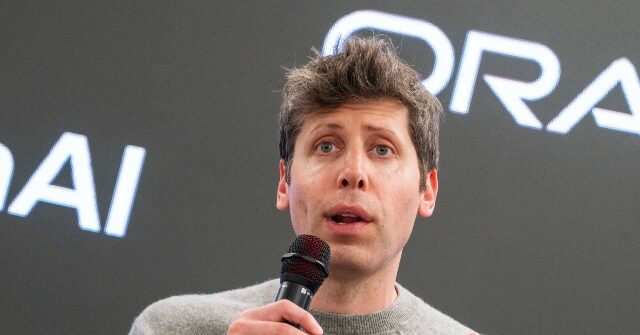OpenAI’s surprise launch of its new Atlas web browser sends a clear message to Google: Sam Altman believes the tech giant’s longstanding dominance in the browser and search market is under serious threat in the AI era.
TechCrunch reports that in a surprise livestream on Tuesday, OpenAI CEO Sam Altman unveiled the company’s latest venture: the Atlas web browser. Altman’s presentation claims that Atlas is not just another browser, but a fundamental rethinking of what a browser can be in the age of AI. “In the same way that, for the previous way people used the internet, the URL bar and the search box were a great analogue, what we’re starting to see is that the chat experience and the web browser can be a quick analogue,” Altman explained.
The implications of this shift are significant, particularly for Google, which currently dominates the browser market with Chrome. With ChatGPT drawing 800 million users a week, a mass migration to Atlas could significantly erode Google’s user base.
But the threat to Google goes beyond just browser market share. Atlas head of engineering Ben Goodger, a central figure in the development of both Firefox and Chrome, described the chat-oriented search offered by Atlas as a paradigm shift. “This new model of search is really powerful,” Goodger said. “It’s a multi-turn experience. You can have this back-and-forth with your search results instead of just being sent off to a web page.”
While Google has made efforts to integrate AI into its search experience, its approach has been largely incremental — adding AI-generated boxes to search results pages. OpenAI’s engaged, conversational search is a fundamentally different approach that cannot be easily replicated. If users embrace this new search interface, it could pose a serious challenge to Google’s search dominance.
Breitbart News previously reported that OpenAI was interested in buying Chrome if Google was forced to sell it as part of the government’s search antitrust trial:
When questioned about OpenAI’s interest in acquiring Chrome, Turley was unequivocal in his response. “Yes, we would, as would many other parties,” he stated, highlighting the browser’s appeal to potential buyers. With over four billion users and a 67 percent market share, Chrome presents a lucrative opportunity for companies seeking to expand their reach and influence in the digital landscape.
OpenAI’s interest in Chrome aligns with its reported considerations to develop its own Chromium-based browser to compete with Google’s offering. The company’s recent hiring of former Google developers Ben Goodger and Darin Fisher, both instrumental in bringing Chrome to market, further underscores its ambitions in the browser space.
Although Google is infamous for the privacy concerns its users face every day, OpenAI does not look much better. Regardless of the potential for targeted advertising, user interactions with its new browser are likely to be fed directly into AI training.
Read more at TechCrunch here.
Lucas Nolan is a reporter for Breitbart News covering issues of free speech and online censorship.


